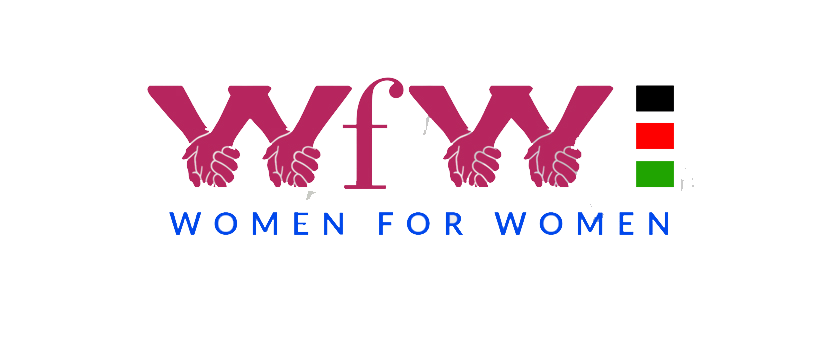At 18 weeks, a pregnancy is in the second trimester. Termination at this stage is more complex than an early abortion but can still be safe, legal, and life-saving when provided by skilled professionals.
In this blog, we explain how second-trimester abortions work, your options, what to expect, and where to seek help in Kenya.
🩺 Why Do Women Seek Abortion at 18 Weeks?
While most abortions happen early, some women discover their pregnancy later — or face new complications that lead them to consider abortion at this stage. Common reasons include:
- Delayed recognition of pregnancy.
- Health risks to the woman.
- Fetal abnormalities (diagnosed via ultrasound).
- Personal or financial challenges.
- Survivors of sexual violence.
At Women for Women Kenya, we never judge. We provide care, compassion, and accurate information
✅ Is It Safe to Abort at 18 Weeks?
Yes — when done correctly. Abortion at 18 weeks is safe when performed by trained medical professionals using appropriate methods.
However, it is not safe to try and self-manage this type of abortion at home using only pills. Doing so can lead to severe bleeding, incomplete abortion, or death.
🩹 Methods of Termination at 18 Weeks
There are two main medical options:
1️⃣ Dilation and Evacuation (D&E) — Surgical Procedure
- Performed by a trained provider in a clinic or hospital.
- Involves gently opening the cervix and removing the pregnancy with medical instruments and suction.
- Quick procedure (usually 10–20 minutes).
- Pain relief or sedation is used.
✅ Most preferred method for 15–24 weeks
✅ Very safe when done by experienced professionals
✅ Short recovery time
2️⃣ Medical Abortion Using Pills (Misoprostol ± Mifepristone)
- Involves using high-dose misoprostol, often with mifepristone.
- Induces labor-like contractions to expel the pregnancy.
- Usually done in a hospital or under supervision, not at home.
Typical regimen:
- Mifepristone 200 mg orally (optional)
- Misoprostol 400 mcg vaginally or sublingually every 3 hours (repeated until expulsion)
🔺 More painful and takes longer than D&E
🔺 Higher chance of incomplete abortion
🔺 May require surgery if unsuccessful
⚖️ Legal Context in Kenya
According to Article 26(4) of the Kenyan Constitution, abortion is permitted if, in the opinion of a trained health professional, the pregnancy poses a danger to the woman’s life or health (including mental health).
At Women for Women Kenya, we work with a network of professional providers who understand the law and put your safety and dignity first.
💬 What to Expect During the Process
- Ultrasound to confirm gestational age and location.
- Counseling and informed consent.
- Medical preparation (cervical softening, pain relief).
- Procedure (D&E) or medication (misoprostol regimen).
- Observation & follow-up to ensure complete recovery
🚨 Warning: Do Not Attempt to Self-Induce
At 18 weeks, abortion is not a DIY process. Misusing pills at this stage can cause:
- Dangerous bleeding
- Incomplete abortion
- Infection
- Uterine rupture
- Death
If you or someone you know is considering abortion at this stage, seek professional help immediately.
❤️ Our Role at Women for Women Kenya
We help women:
- Confirm gestational age
- Access safe abortion referrals
- Get transport and follow-up
- Receive counseling and post-abortion care
- Start contraception after recovery
All with confidentiality, dignity, and respect.
📞 Need Help?
Don’t wait. The sooner you get care, the safer it is.
📱 Call or WhatsApp: 0700 811 528
📧 Email: kenyawomenforwomen@gmail.com
🌐 Website: womenforwomenkenya.com
📍 Location: Nairobi, Kenya




